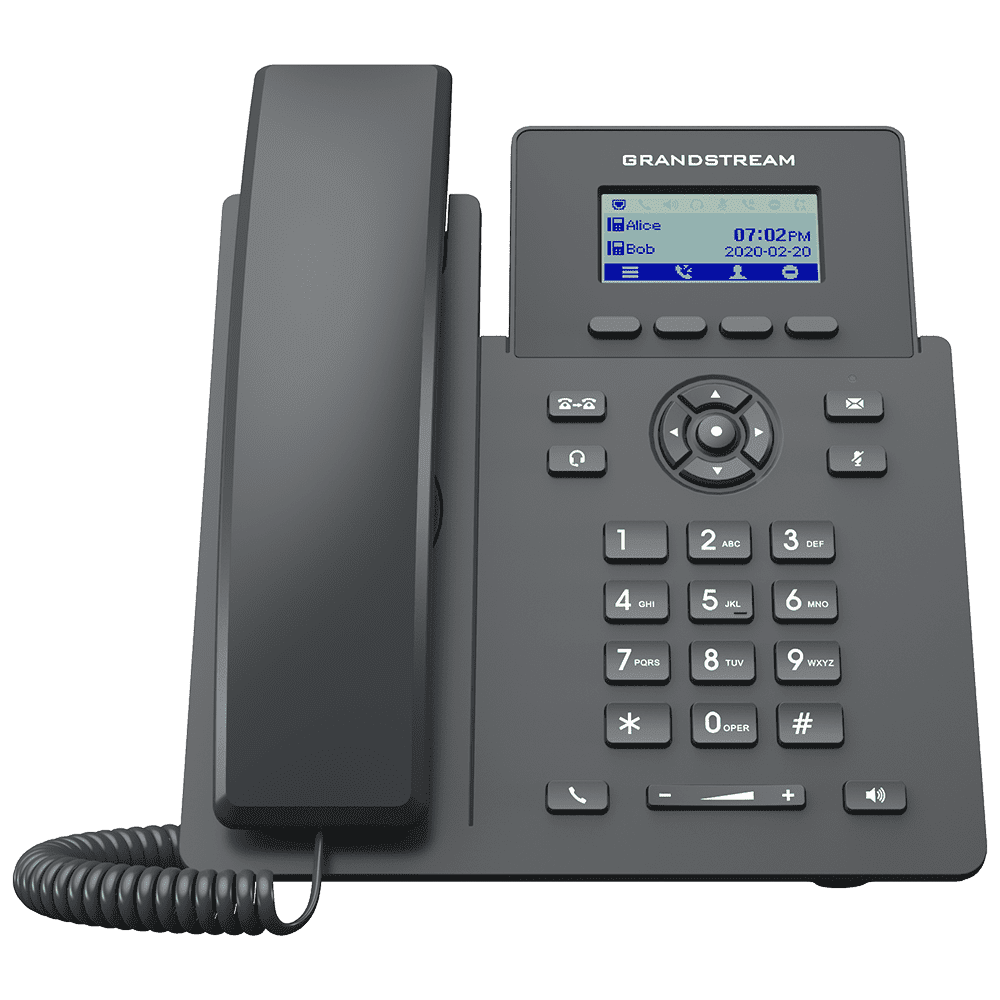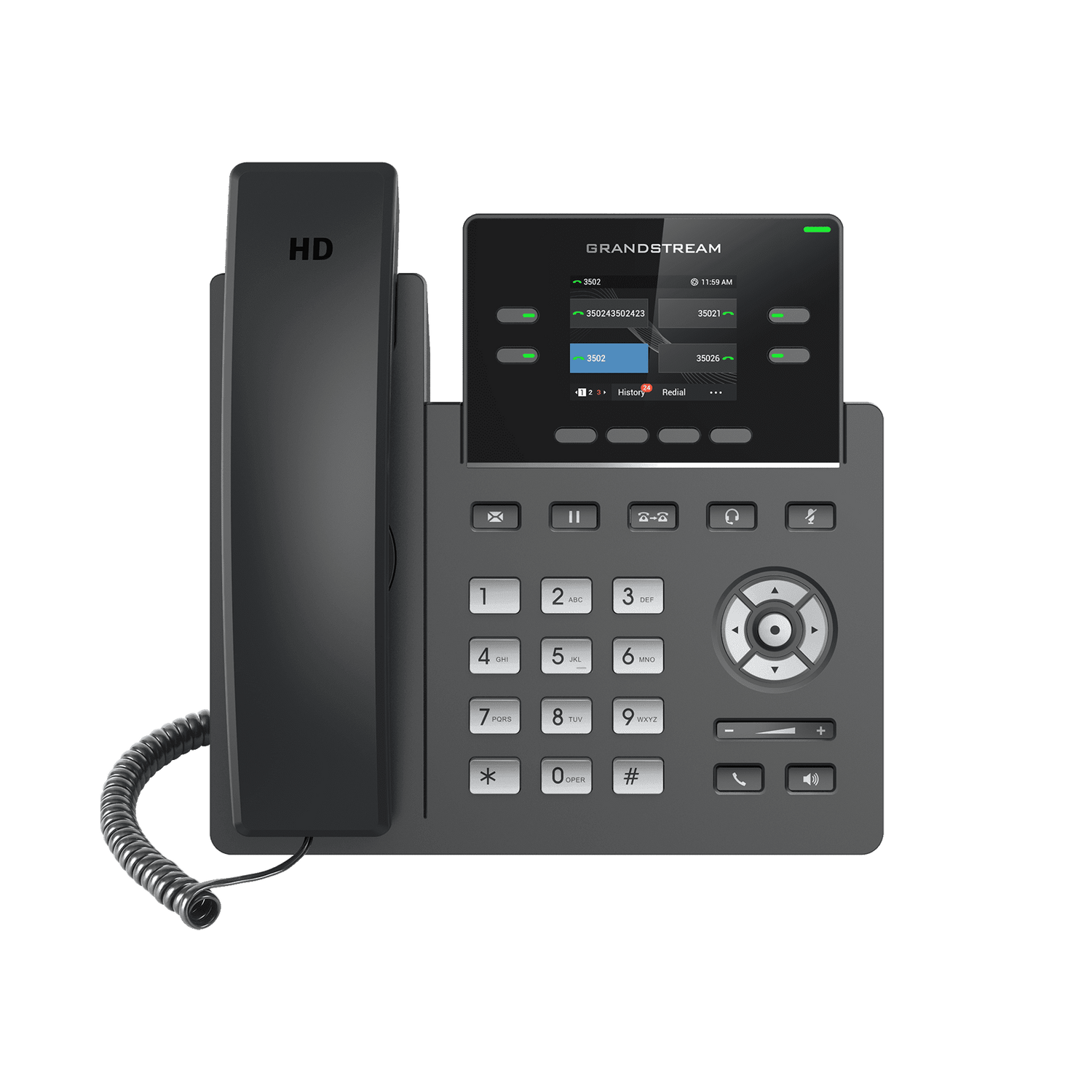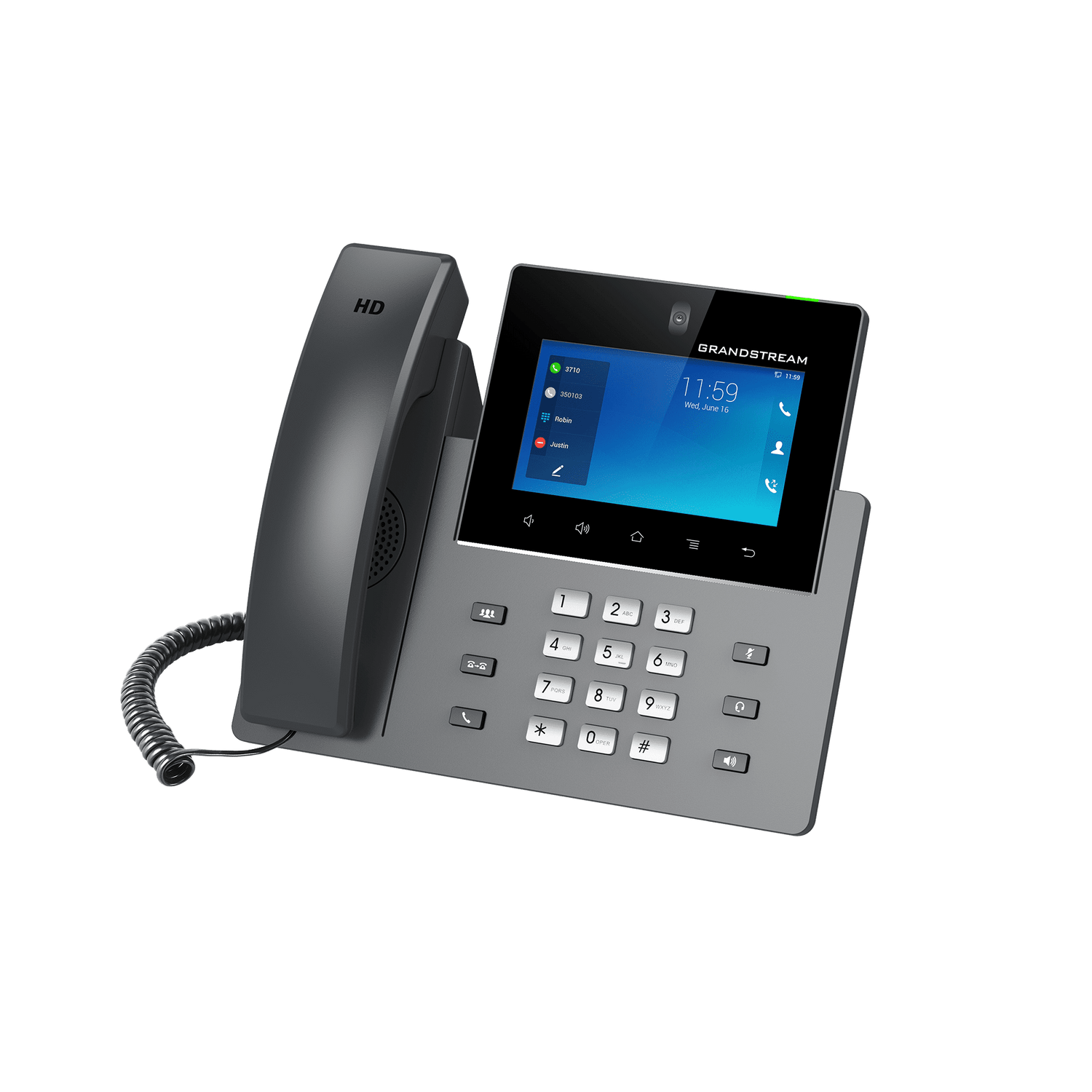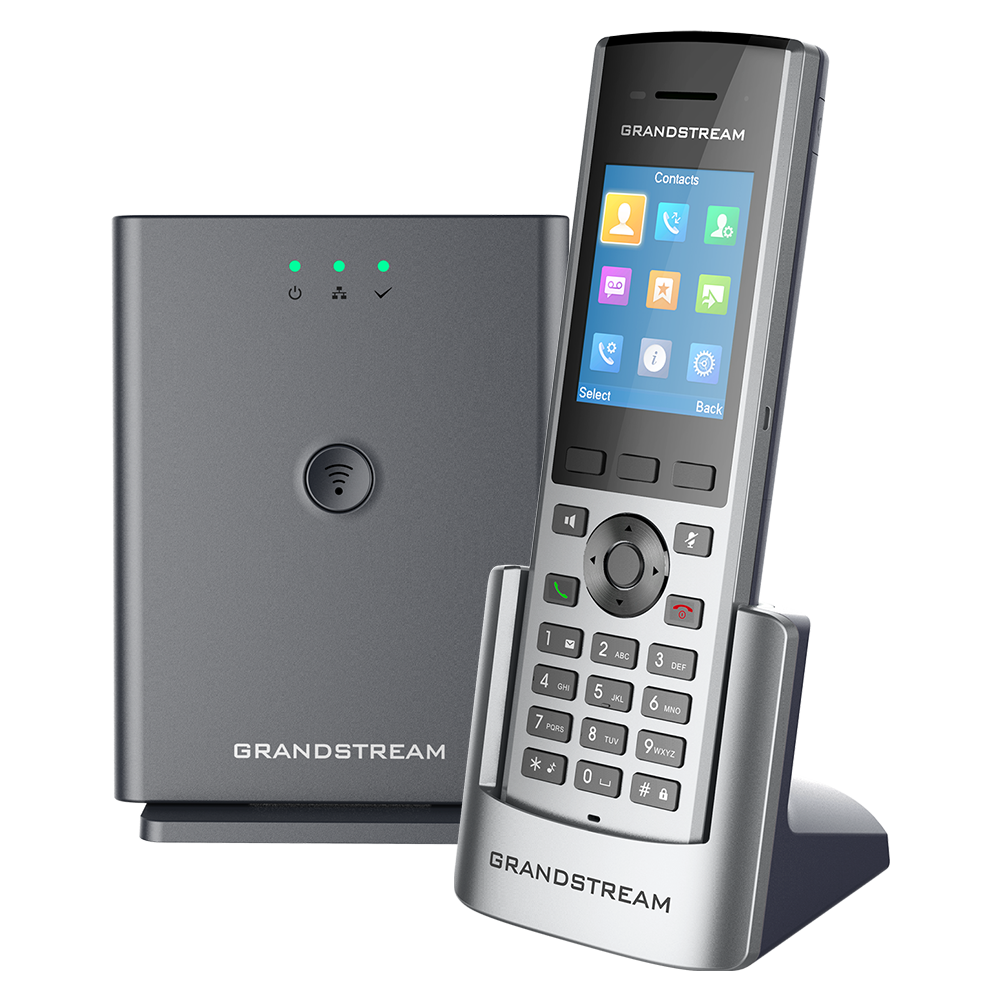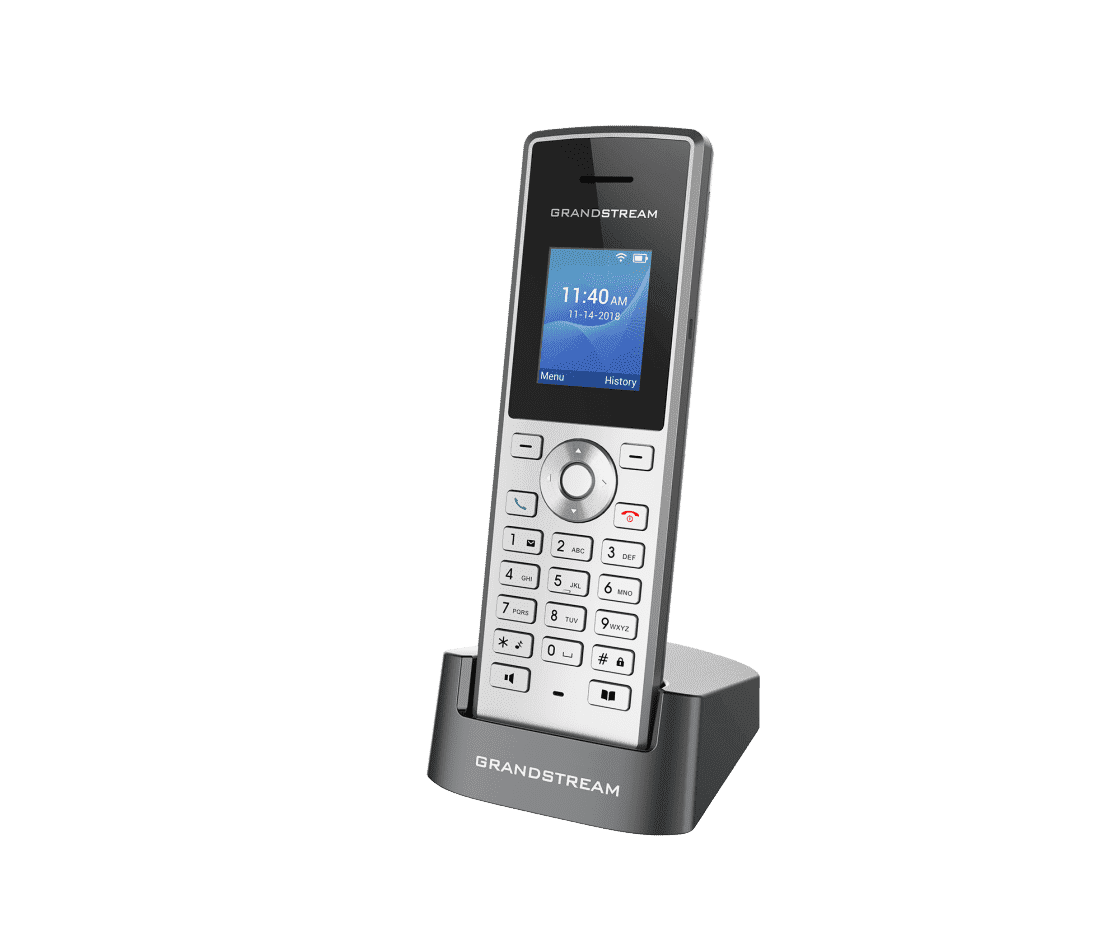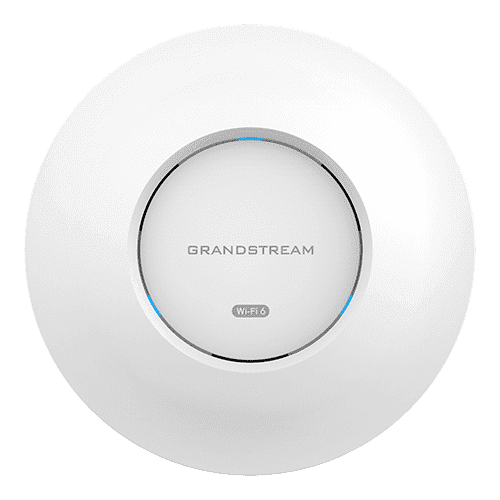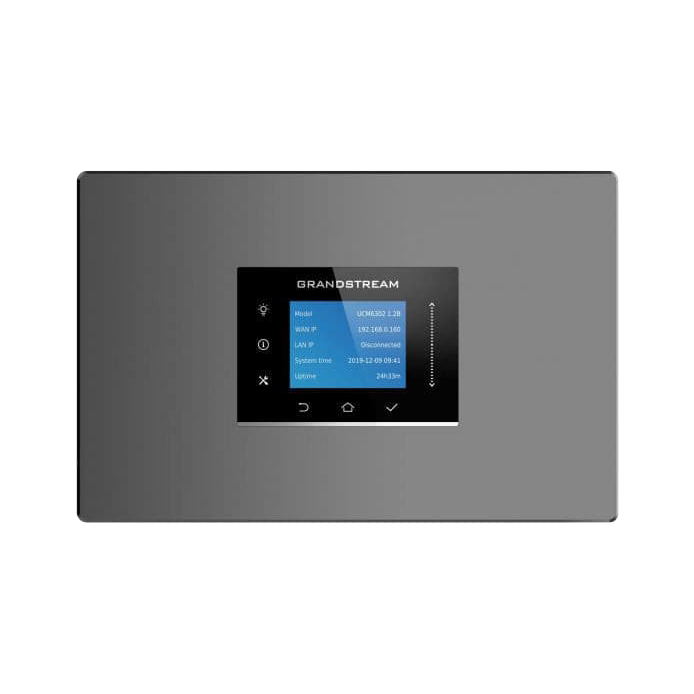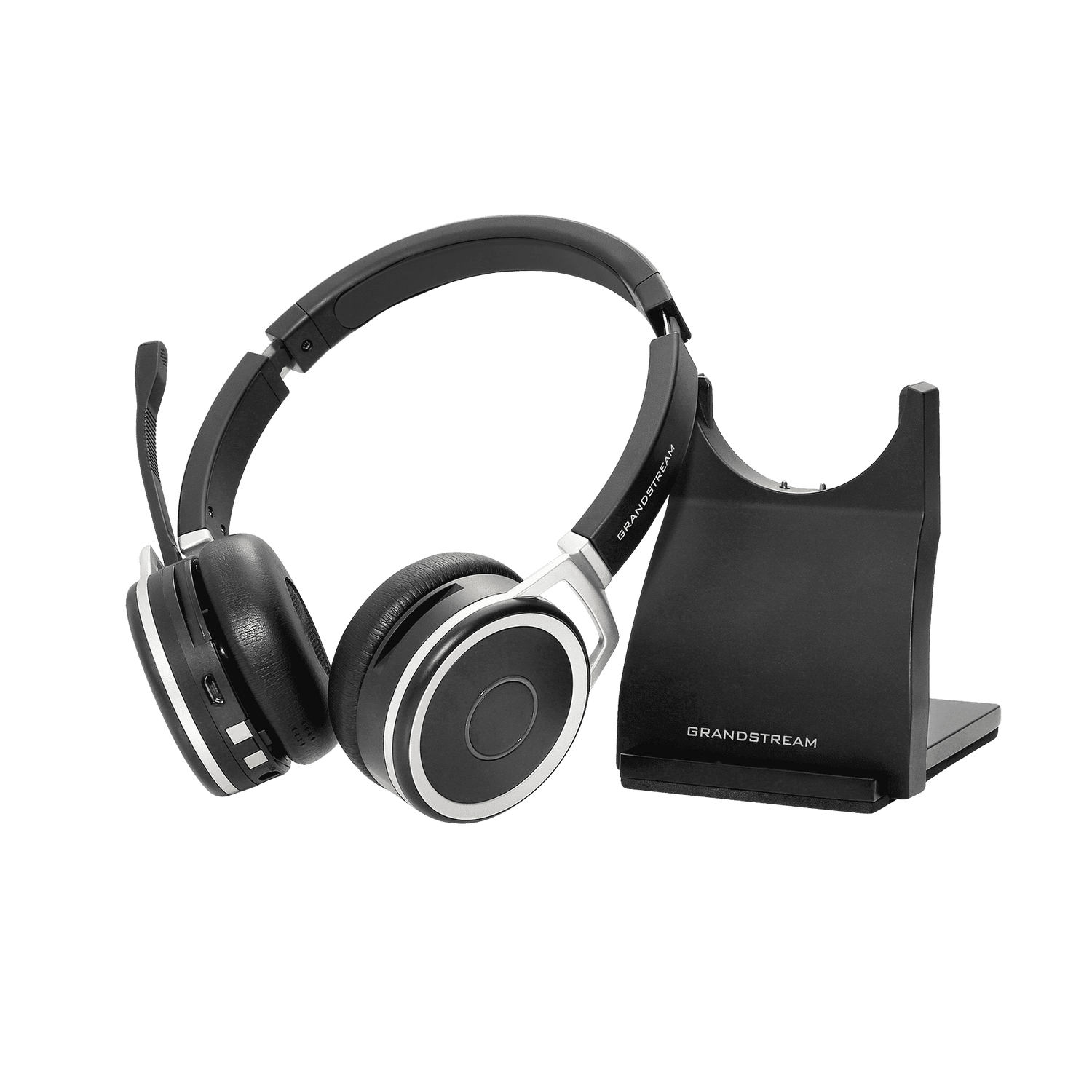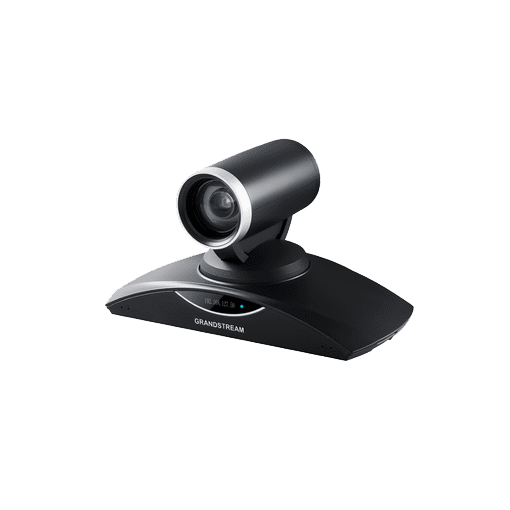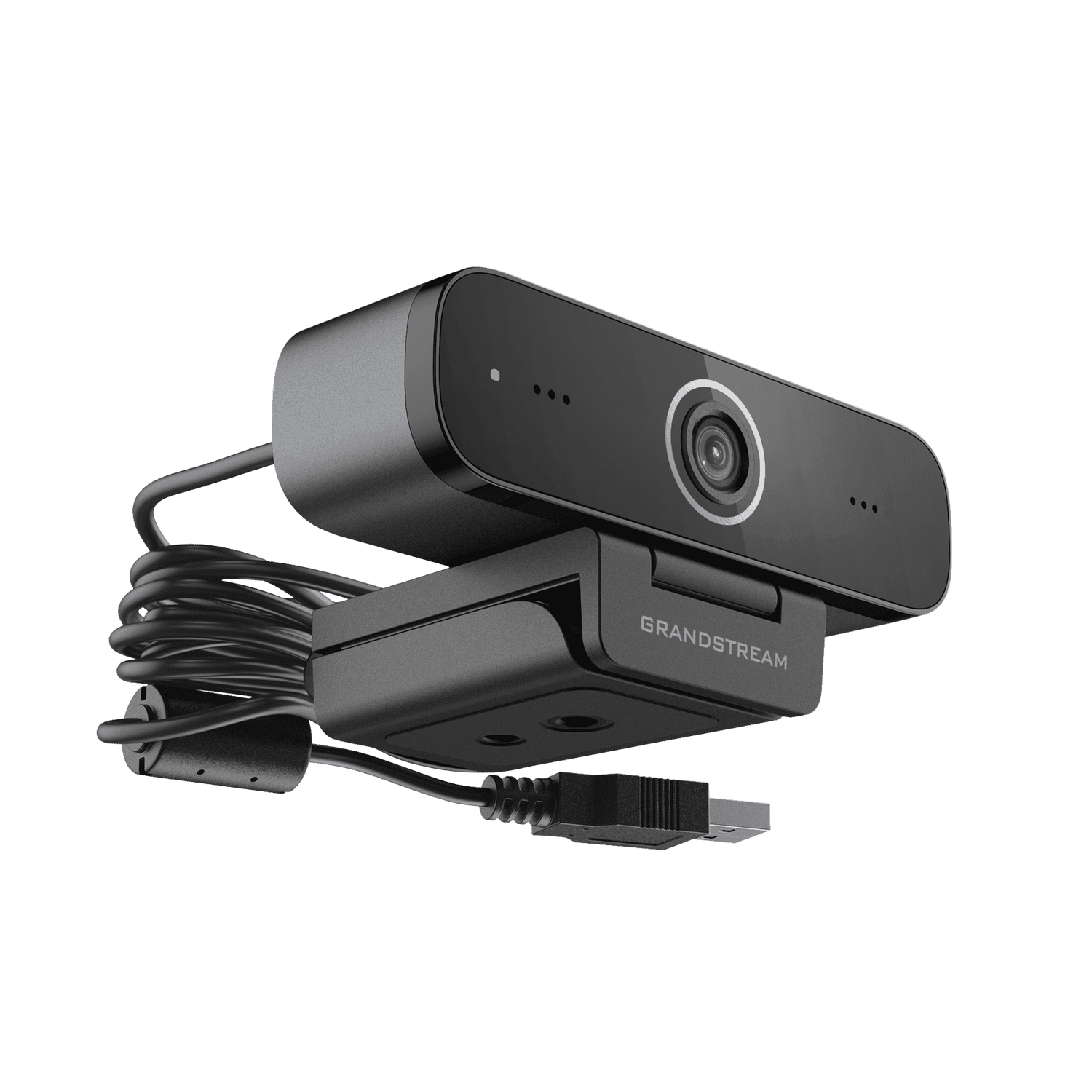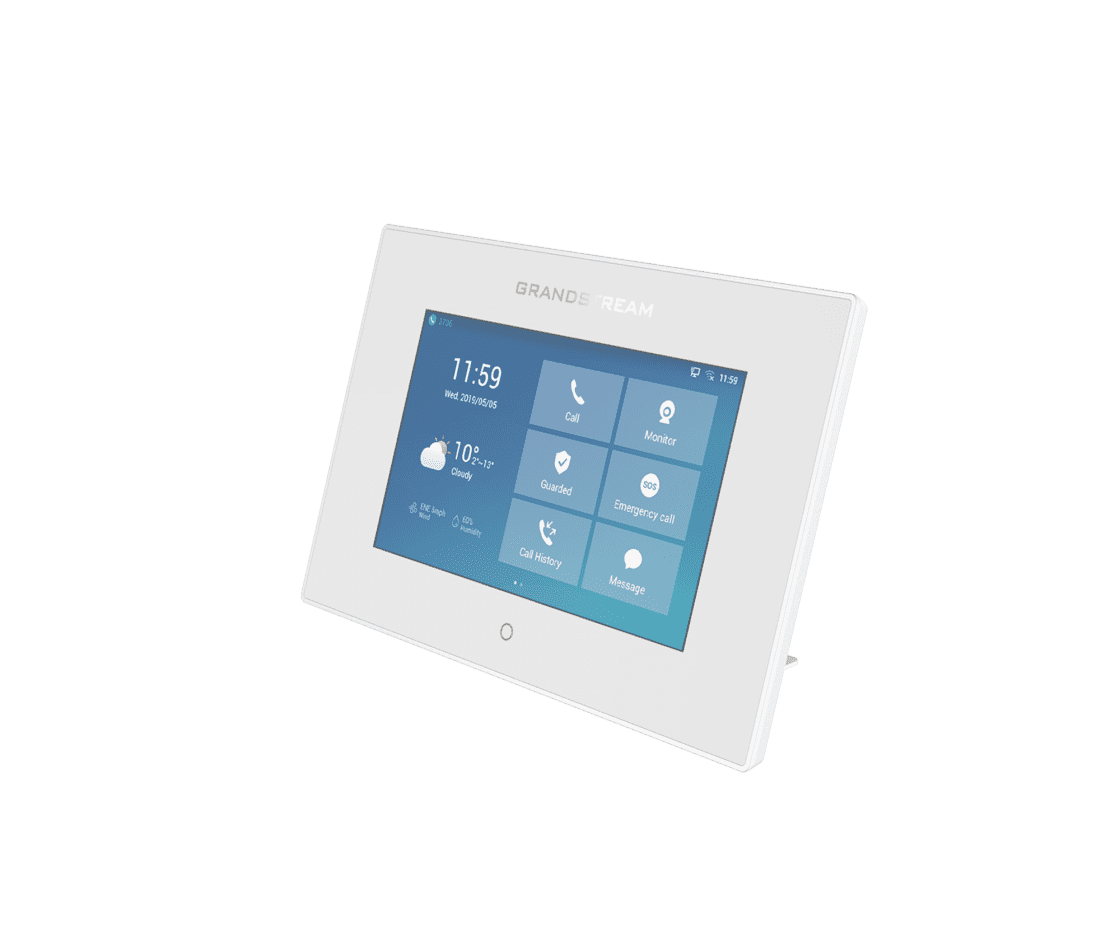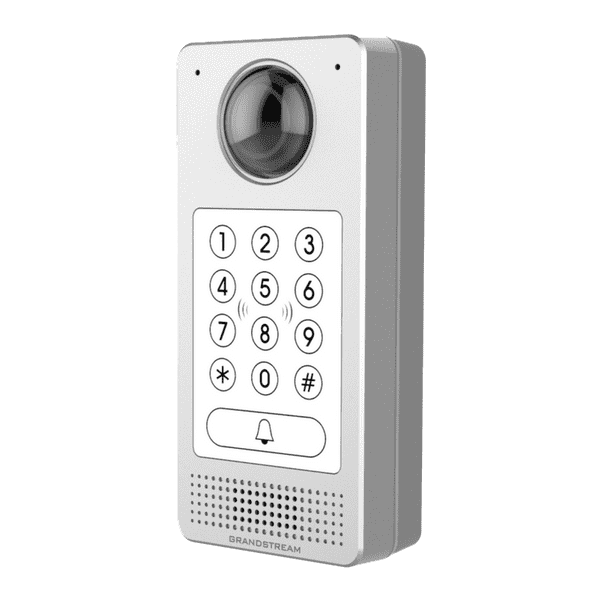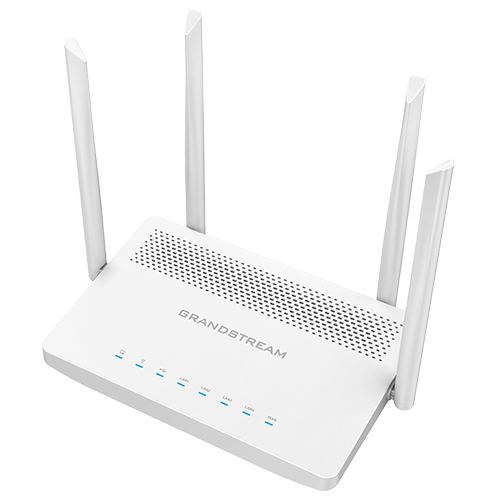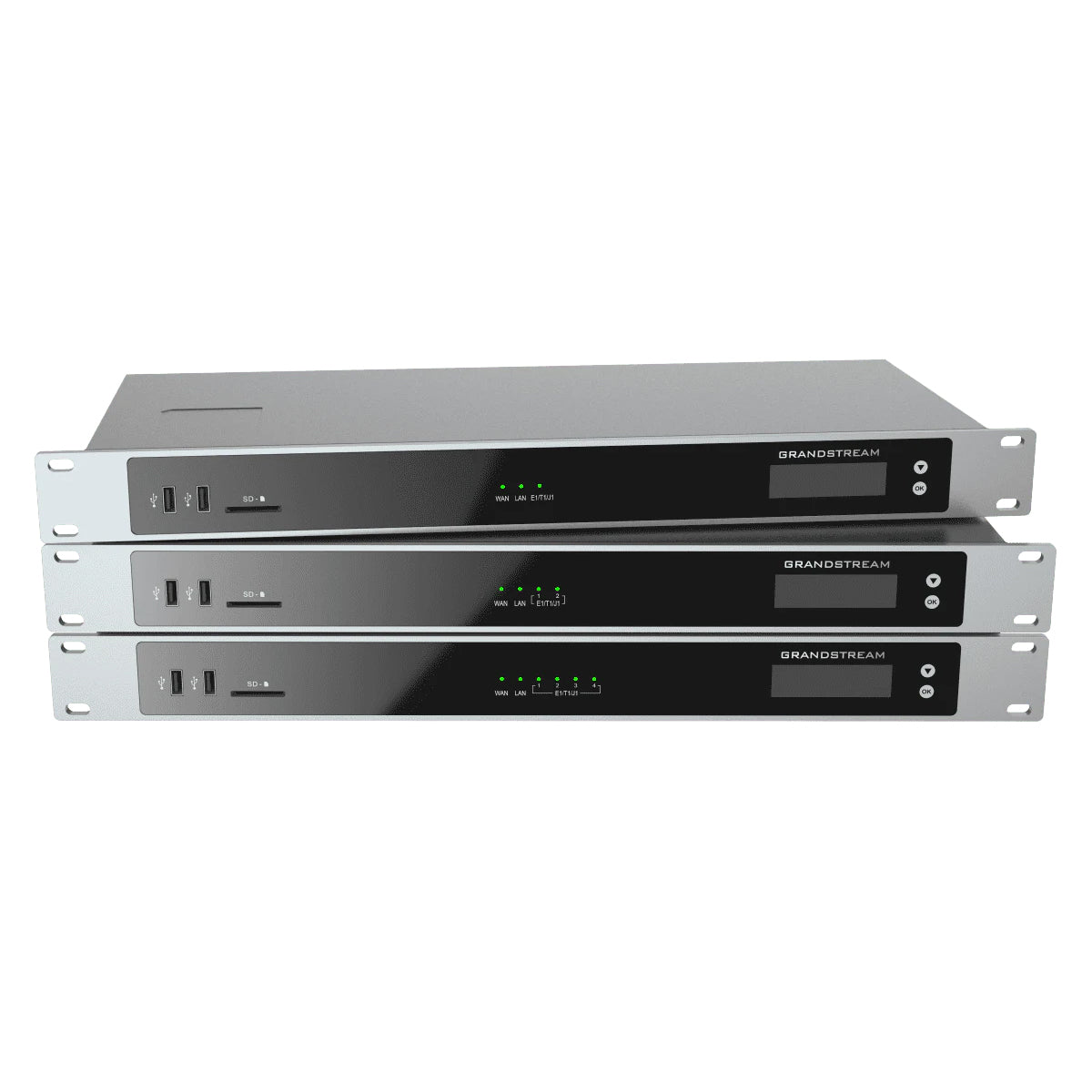The auto attendant helps to direct incoming callers to the right account on the PBX. It supports a multitude of pre-recorded or custom announcements. Callers can search for users by their name. Together with service flags, the routing can be programmed depending on time of day. The routing can be programmed remotely for days when it is not possible to get to the office (snow days). The auto attendant includes dual language support.
IVR
 MAILBOX
MAILBOX
The mailbox is another standard feature that practically every PBX offers. The Vodia PBX can play various announcements, including the name of the extension or a choice of personal greetings. When there is a new message, the PBX notifies the user via the message waiting indication of the VoIP phone, by email or by SMS. If a message is not retrieved within a certain time, the PBX can call the user up and deliver the message. This can be escalated to a manager that will be called if the user did not retrieve the message. Messages can be shared with other mailboxes. The PBX integrates with the Google Speech-to-Text API for converting the recorded message into a text preview.
 AUTO ATTENDANT
AUTO ATTENDANT
 CONFERENCING
CONFERENCING
The PBX contains an audio bridge for conferencing participants in. Conferences can be ad-hoc where participants just dial into a conference room, possibly protected by a PIN code. They can also be scheduled, where each participants receives an invitation that can be added to the calendar. The PBX can also call up the participants. In call-to-conference mode, the PBX calls a list of participants up whenever someone enters the conference room. This is typically used for emergency calls where multiple people need to be given information about an important event. Conference calls can be recorded for later review.
 HUNT GROUPS
HUNT GROUPS
For low call volume groups, hunt groups provide an easy way to distribute calls in a group. Incoming calls are handled in parallel to other incoming calls. The PBX supports three call stages that escalate calls to different group of participants. Ring melodies and music on hold can be assigned specifically for the hunt group. Hunt groups can also include regular phone numbers and cell phones in the stages. Calls can be recorded for each hunt group, and the PBX can send out emails about the calls at the end of the day.
 AGENT GROUPS
AGENT GROUPS
Agent groups are more powerful in distributing calls in a group. Callers are lined up; the PBX can announce waiting positions and estimated waiting time. While waiting, the PBX can mix announcements into the music on hold. The PBX can render speech that announces call recording and other messages. As with hunt groups, agents are called on their VoIP phones, their Web UI, or on their cell phones. Agent groups can handle multiple identities and announce the identity at the beginning of the call. This is useful in virtual offices where front desk staff answers calls on behalf of clients. There are different algorithms for distributing the calls, and there are ways to measure agent performance. Callers can automatically be added to the domain address book, ensuring that revisiting callers reach the same agent each time when possible.
 OUTBOUND CALLING
OUTBOUND CALLING
In addition to the inbound calling, agent groups also support calling up lists that have to be uploaded through the PBX web interface. The PBX can either have the agent initiate the call or start calls autonomously and then assign calls to available agents.
 PAGING
PAGING
Sending a one-way audio message to users is an efficient and fast way of communication in teams. For example, in shops users can trigger overhead pages, or the PBX can schedule lunch break pages. The PBX supports unicast or multicast paging, peer-to-peer multicast for optimal performance. Pages can be live, recorded or uploaded. Recorded pages avoid echo loops. It is even possible to send a confirmation email when the page is completed.
